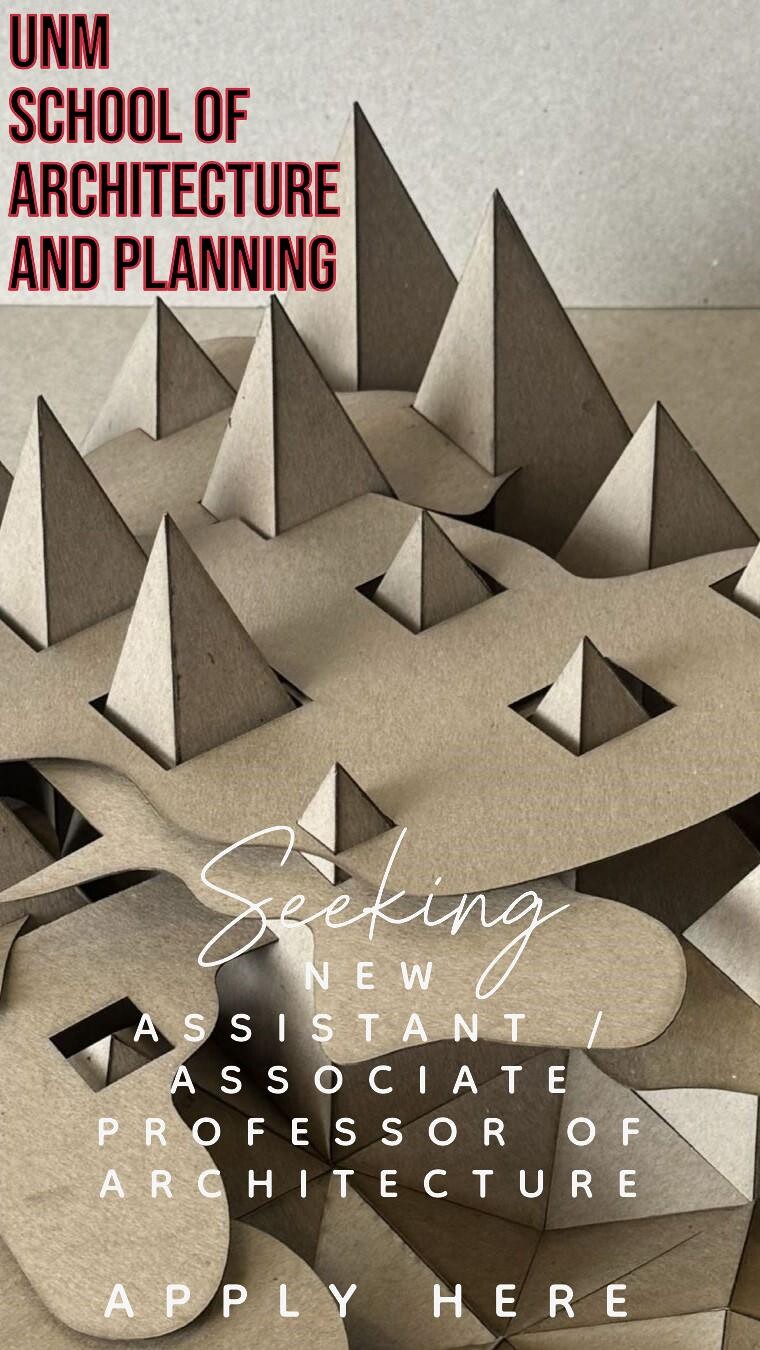Uriel Orlow
Time is a Place
Kirsi Mikkola
1 July–26 August 2012
CentrePasquArt Biel
Kunsthaus, Seevorstadt 71-73
CH-2502 Biel, Switzerland
Hours: Wed–Fri, 2–6pm
Sat–Sun, 11–6pm
T +41 32 322 55 86
info [at] pasquart.ch
Uriel Orlow – Time is a Place
Following presentations of his work in Chewing the Scenery, one of the two Swiss pavilions at the 2011 Venice Biennale, and in numerous international group exhibitions, Uriel Orlow is staging his first comprehensive institutional one-person exhibition at Kunsthaus CentrePasquArt. Orlow’s work examines overlooked sites of history and unspectacular events that refer to larger historical connections. The artist works across media in video, photography, drawing, and sound and in his modular installations brings together different image regimes and narrative modes.
Uriel Orlow combines material from his own research with images that he himself has filmed or photographed and which oscillate between imagination and documentation, fact and fiction. The artist is interested in the material quality of traces, the visual aspect of history and possible future scenarios that emerge at the meeting point of present and past.
Uriel Orlow’s approach in uncovering and interpreting precarious situations in which individuals and groups of people find themselves combines intellectual rigour with visual poetry and communicates a wealth of information with a light touch. The installations presented in the exhibition focus on a ghost town in northern Armenia that connects a massacre of the Armenian people in 1915 with the Soviet Union’s last important housing project in 1988; 14 freight ships that were stranded for 8 years in the Suez Canal; a former synagogue in the Polish town of Poznan that the Nazis turned into a swimming pool in 1942; a video portrait of the British National Archive; and the history of a statue built in honour of Ferdinand de Lesseps, who was responsible for the construction of the Suez Canal.
–Felicity Lunn
Publication
In conjunction with the exhibition the Verlag für moderne Kunst Nürnberg has issued a publication (German/French/English) with texts by Felicity Lunn and Uriel Orlow with Andrea Thal, Anna Barseghian & Mikhail Karikis, Ruth Maclennan, and Eric Jacobson.
The exhibition is supported by:
George Foundation, Pro Helvetia Schweizer Kulturstiftung, Erna und Curt Burgauer Stiftung, Madeleine und Albert Erlanger-Wyler-Stiftung, Alfred und Ilse Stammer-Mayer Stiftung
Kirsi Mikkola
The Kunsthaus CentrePasquArt presents the first institutional one-person exhibition of the Finish artist, Kirsi Mikkola (b. 1959), who lives in Berlin. In the last few years Mikkola has been concentrating on a very distinct form of abstract painting. In the place of brushstrokes she combines countless strips and fields of coloured paper, laying them next to each other or overlapping them. In both the large and small format works Mikkola continually surpasses her own limits with complex filigree structures and often dissonant colours. She herself describes her paintings less as a process concerning the production and refinement of a harmonious whole but rather as an act of concentrated eruption.
The complex structures created by the Finish artist come close to the ideal of abstraction as the result of eliminating all referential elements. Her paintings refer to nothing but themselves and do not even trigger associations, mental images or memories. At most, it is possible to talk of the visual representation of forces in Mikkola’s work—gravity, suspension, weight, movement—abstract notions that have a parallel in the forms and colour relationships of paint. Through the latter, the standard formal characteristics of abstract painting—light and heavy, mark and void, straight and curved, fast and slow—are at least hinted at.
–Felicity Lunn
Publication
In conjunction with the exhibition a richly illustrated publication (German/French/English), with a text by Felicity Lunn, has been produced by Kerber Verlag.
Biel is 1 hour from Zürich by train, or 30 minutes from Berne.
CentrePasquArt is supported by the City of Biel, Canton Berne and the Regionale Kulturkonferenz Biel.

